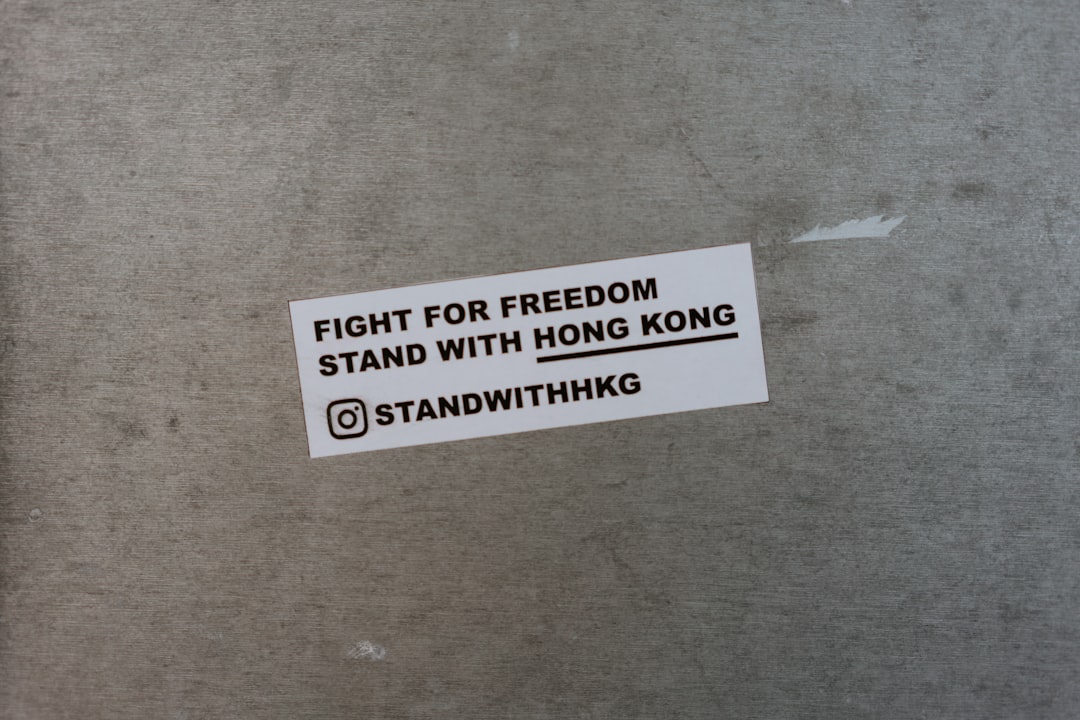[Disclaimer] This article is reconstructed based on information from external sources. Please verify the original source before referring to this content.
Neeews Summary
The following content was published online. A translated summary is presented below. See the source for details.
Burundi’s Press Freedom Faces Significant Challenges
Burundi’s press freedom has faced significant challenges, leading to widespread self-censorship and the exile of many journalists. The government has been accused of cracking down on independent media, with several outlets being shut down or facing restrictions. Journalists who have continued to report on sensitive issues, such as human rights abuses and political tensions, have often faced harassment, threats, and even physical attacks.
As a result, many journalists have opted to self-censor their reporting, avoiding topics that could be seen as critical of the government. This has led to a significant reduction in the diversity of voices and perspectives being presented in the media. Additionally, a significant number of journalists have been forced to flee the country, seeking refuge in neighboring countries or further abroad.
The lack of press freedom in Burundi has had a detrimental impact on the ability of citizens to access accurate and reliable information. This, in turn, has made it more difficult for the public to hold the government accountable and to participate in the democratic process. Concerns have been raised by international organizations and human rights groups about the deteriorating state of press freedom in the country.
Source: globalvoices
Our Commentary
Background and Context
Burundi, a small country in the heart of Africa, has a tumultuous history marked by political instability, ethnic tensions, and human rights abuses. In recent years, the country’s press freedom has faced significant challenges, leading to a climate of self-censorship and the exile of many journalists. This issue is deeply rooted in the country’s political dynamics and the government’s efforts to tighten its grip on the media landscape.
Expert Analysis
According to media experts, the lack of press freedom in Burundi is a symptom of a broader authoritarian trend in the country. “The government’s crackdown on independent media is part of a broader pattern of repression and control,” says a senior researcher at the International Federation of Journalists. “By silencing critical voices, the government is able to maintain its grip on power and limit public scrutiny of its actions.” Experts have called for the international community to put pressure on the Burundian government to respect press freedom and protect journalists from harassment and violence.
Additional Data and Fact Reinforcement
In 2020, the Committee to Protect Journalists reported that at least 274 journalists were imprisoned worldwide, with many of them facing charges related to their reporting. This global trend of shrinking press freedom is a concerning development that has implications for democratic governance and the ability of citizens to access reliable information.
Related News
The challenges faced by Burundian journalists are not unique to the country. In neighboring countries, such as Tanzania and Uganda, journalists have also faced increasing restrictions and threats to their safety.
Summary
The lack of press freedom in Burundi is a complex and multifaceted issue that reflects the country’s broader political and social challenges. The government’s crackdown on independent media, the prevalence of self-censorship among journalists, and the exile of many media professionals have had a significant impact on the ability of citizens to access accurate and reliable information. Addressing this issue will require a concerted effort by the international community, civil society, and the Burundian government to protect the rights of journalists and uphold the principles of press freedom. The future of Burundi’s democratic development and its ability to address pressing social and economic challenges will depend, in part, on the restoration of a vibrant and independent media landscape.


